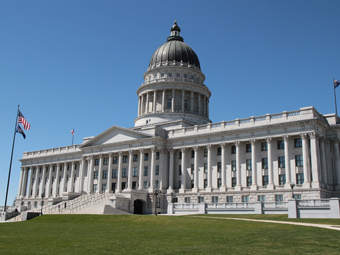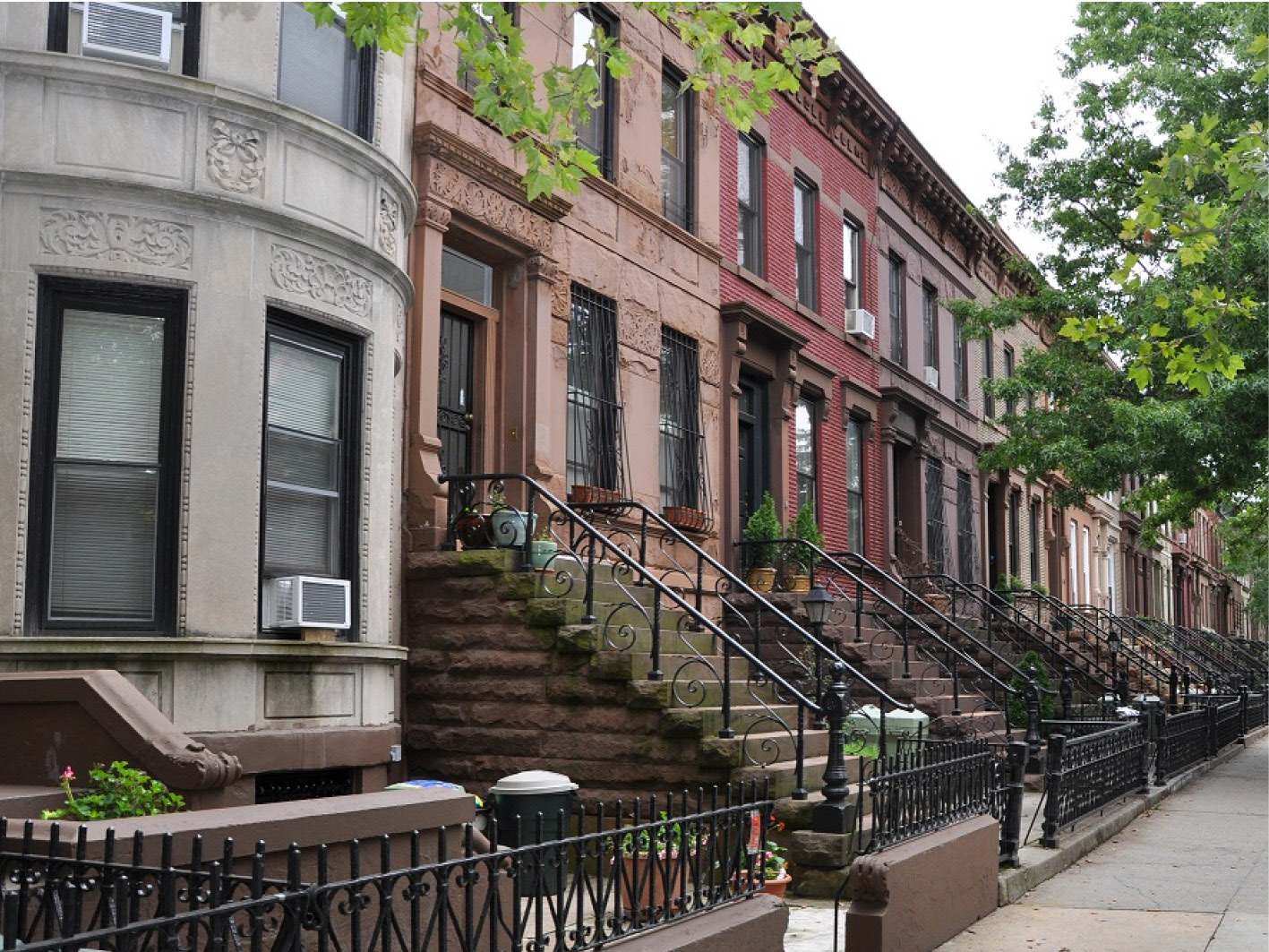Federal tax burdens are the same across the nation, but state taxes vary from one state to the next and they can take a large bite out of retirement savings.
To help retirees compare these varying taxes, Kiplinger, a financial news and business forecasting firm, ranked states by the taxes they impose on residents, including sales taxes, income taxes, whether Social Security and pensions are taxed and whether there is an estate or inheritance tax.
The following 15 states, listed in reverse order, impose the most oppressive taxes on residents.
No. 15 North Dakota

State income tax here ranges from 1.1 percent to 2.9 percent and the sales tax is set at 5 percent. The income tax rates are relatively low but pensions, distributions from retirement plans and Social Security benefits are taxed.
No. 14 Maine

State income tax is 6.5 percent to 7.95 percent and the sales tax is 5.5 percent. Property taxes also are high.
No. 13 Indiana

The state income tax is a flat 3.3 percent and its sales tax of 7 percent is relatively high. The most common types of retirement income, distributions from IRAs and 401(k)s, and income from private and public out-of-state pensions are fully taxable.
No. 12 Utah

Utah has a 5 percent flat income tax and a 4.7 percent sales tax. It taxes Social Security benefits as well as other types of retirement income.
No. 11 Massachusetts

The Massachusetts income tax is a flat 5.15 percent and sales tax is 6.25 percent. Withdrawals from 401(k) plans and IRAs are subject to the state income tax. The median property tax on Massachusetts' median home value of $327,200 is $3,955, according to the Tax Foundation, although some seniors can claim a tax credit.
No. 10 New York

The state income tax ranges from 4 percent to 8.82 percent and the state sales tax is 4 percent, but New York City adds another 4.5 percent to the sales tax. On average, New Yorkers fork over 12.6 percent of their income in state and local taxes, according to the Tax Foundation. The median property tax on the state's median home value of $277,600 is $4,559, the eleventh-highest rate in the U.S.
No. 9 New Jersey

The state income tax ranges from 1.4 percent to 8.97 percent and the sales tax is a steep 7 percent. New Jersey’s property taxes are the highest in the nation, according to the Tax Foundation. The median property tax on the state's median home value of $307,700 is $7,331. New Jersey is one of only two states that have both an estate tax, paid before the estate is distributed, and an inheritance tax, paid by beneficiaries.
No. 8 Nebraska

State income tax rates vary from 2.46 percent to 6.84 percent but the top rate kicks in on income above $29,460 for an individual and $58,920 for couples. The sales tax is 5.5 percent. Nebraska taxes some Social Security and most other retirement benefits. Property taxes also are high.
No. 7 California

California income tax rates range from a modest 1 percent to a whopping 13.3 percent, the highest in the nation, and its sales tax is 7.5 percent. Early retirees who take withdrawals from their retirement plans before age 59 1/2 pay a 2.5 percent state penalty on top of the 10 percent federal penalty.
No. 6 Montana

There is no sales tax in Montana but the income tax varies from 1 percent to 6.9 percent and it taxes most forms of retirement income, including Social Security.
No. 5 Oregon

Oregon has no sales tax but income taxes range from 5 percent to 9.9 percent. Most retirement income, other than Social Security, is taxed.
No. 4 Minnesota

A state income tax ranging from 5.35 percent to 9.85 percent and a sales tax of 6.875 percent puts Minnesota among the top taxers. Social Security income is taxed to the same extent as it is on the federal level and pensions are taxable regardless of whether they are military, government or private pensions.
No. 3 Rhode Island

State income taxes range from 3.75 percent to 5.99 percent and the sales tax is a high 7 percent. Rhode Island taxes most retirement income other than Social Security and its property tax rates are the tenth highest in the country.
No. 2 Connecticut

State income taxes range from 3 percent to 6.7 percent and the sales tax is 6.35 percent for most items and 7.8 percent for some luxury items. Its real estate taxes are the fourth highest in the nation, according to the Tax Foundation. Most forms of retirement income are taxed, along with a portion of Social Security benefits for taxpayers above certain income thresholds.
No. 1 Vermont

Vermont comes in at number one with an income tax that ranges from 3.55 percent to 8.95 percent and a 6 percent sales tax. Most retirement income is taxed, including Social Security. Vermont now limits deductions to $15,750 for single residents and $31,500 for married couples. Local jurisdictions can add 1 percent to the state sales tax. The median property tax on the state's median home value of $218,300 is $3,727, the ninth highest in the U.S., according to the Tax Foundation.